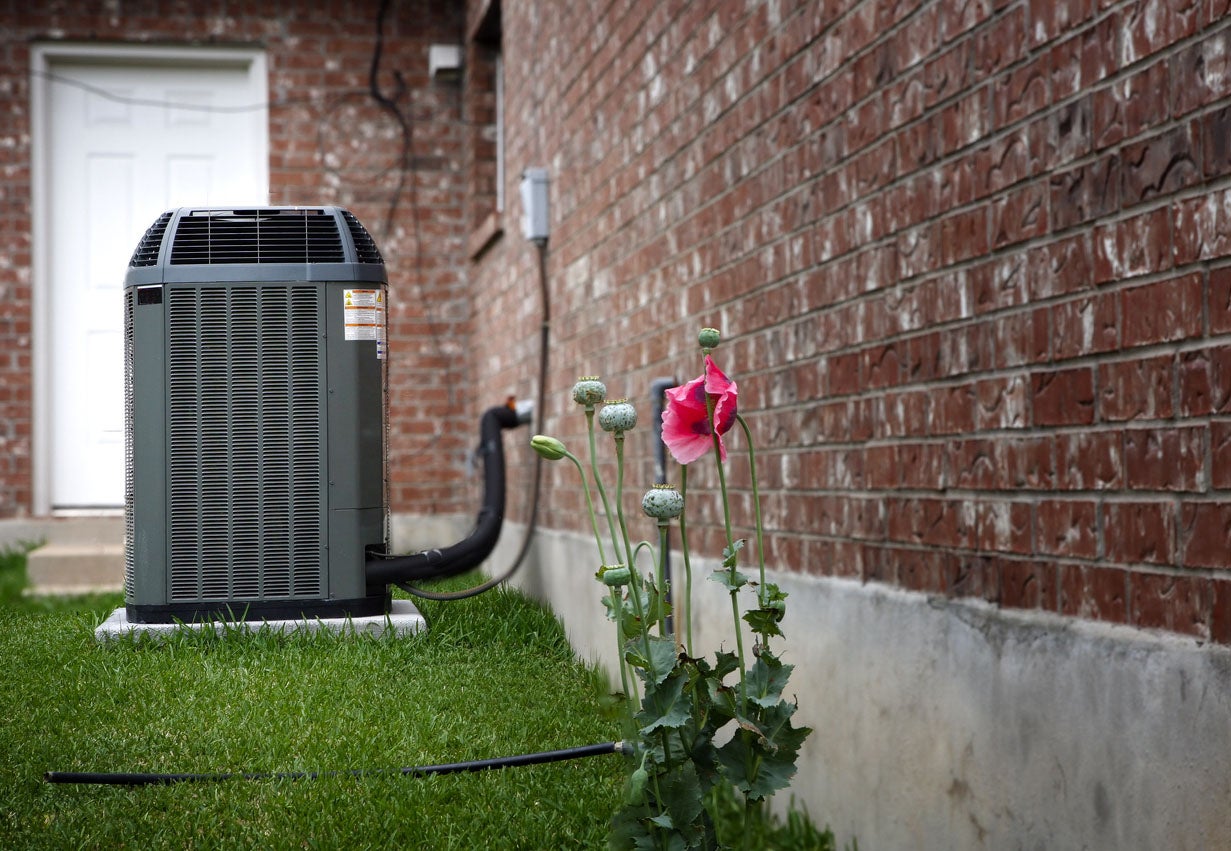

Articles
Why Is My HVAC Not Blowing Cold Air
Modified: January 24, 2024
Explore informative articles on why your HVAC may not be blowing cold air and discover effective solutions to address the issue.
(Many of the links in this article redirect to a specific reviewed product. Your purchase of these products through affiliate links helps to generate commission for Storables.com, at no extra cost. Learn more)
Introduction
Having a properly functioning HVAC system is essential for maintaining a comfortable living or working environment. However, it can be quite frustrating when your HVAC system fails to blow cold air, especially during hot summer months or in areas with warmer climates. Understanding the possible causes behind this issue can help you troubleshoot and resolve the problem effectively.
There are several factors that can contribute to your HVAC system not blowing cold air. It is important to identify the root cause in order to implement the appropriate solution. In this article, we will explore some of the common causes of this issue and provide troubleshooting steps to help you get your HVAC system back on track.
Key Takeaways:
- Troubleshoot common HVAC issues like low refrigerant levels and dirty filters to restore cold air. Regular maintenance and servicing can prevent future problems and improve system efficiency.
- Understanding the causes of HVAC issues and implementing preventive measures can ensure long-term functionality and efficiency, providing the comfort and cool air you desire.
Possible Causes
When your HVAC system is not blowing cold air, there could be various reasons behind it. Understanding the possible causes can help you pinpoint the problem and find a suitable solution. Here are some common causes:
- Insufficient refrigerant levels: Refrigerant is the substance responsible for cooling the air in your HVAC system. If the refrigerant levels are too low, it can hinder the cooling process and result in the system blowing warm air. This can be due to leaks or improper installation.
- Frozen evaporator coil: The evaporator coil is responsible for extracting heat from the air. If the coil becomes frozen due to dirty filters or airflow restrictions, it can hamper the cooling process and cause the system to blow warm air.
- Dirty or clogged air filters: Air filters play a crucial role in maintaining the air quality and smooth operation of your HVAC system. Over time, filters can become clogged with dust, dirt, and debris, obstructing proper airflow and reducing the system’s cooling efficiency.
- Faulty thermostat: The thermostat acts as the control center for your HVAC system, regulating the temperature according to your preferences. A malfunctioning thermostat can result in incorrect temperature readings, leading to the system not blowing cold air as desired.
- Malfunctioning compressor: The compressor is responsible for the circulation of refrigerant and the compression process that creates cool air. If the compressor is damaged or not functioning properly, it can prevent the HVAC system from blowing cold air.
- Blocked condenser unit or ventilation: The condenser unit and vents play a vital role in releasing heat from the system. If they are blocked or obstructed by debris, vegetation, or other objects, it can limit the heat dissipation process and hinder the cooling performance of the system.
- + Damaged ductwork: The ductwork is responsible for distributing the conditioned air throughout your space. If there are leaks, gaps, or damages in the ducts, it can lead to air loss and prevent the HVAC system from blowing cold air effectively.
Identifying the specific cause in your situation will require a thorough assessment of your HVAC system. Once you have determined the probable cause, you can proceed with the appropriate troubleshooting steps to resolve the issue.
Troubleshooting Steps
When your HVAC system is not blowing cold air, it’s important to take the necessary steps to identify and resolve the issue. Here are some troubleshooting steps that can help you get your HVAC system back up and running efficiently:
- Check refrigerant levels: If you suspect that low refrigerant levels are the cause of the problem, it’s essential to have a professional HVAC technician inspect your system. They can determine if there are any leaks and recharge the refrigerant if necessary.
- Thaw frozen evaporator coil: If you notice that the evaporator coil is frozen, turn off the system and let the coil thaw naturally. You can accelerate the process by using a fan or gentle heat, but avoid using sharp objects to remove the ice, as it may damage the coil.
- Clean or replace air filters: Check the air filters and clean or replace them if they are dirty or clogged. Dirty filters restrict airflow, affecting the cooling performance of your HVAC system. Regularly cleaning or replacing the filters can improve the system’s efficiency.
- Calibrate or replace thermostat: If you suspect that the thermostat is not functioning correctly, you can try recalibrating it according to the manufacturer’s instructions. If calibration doesn’t solve the issue, it may be necessary to replace the thermostat.
- Repair or replace compressor: If the compressor is malfunctioning, it’s best to consult a professional HVAC technician. They can examine the compressor and determine if it needs repair or replacement.
- Clear obstructions in condenser unit or ventilation: Inspect the outdoor condenser unit and vents for any obstructions such as debris, leaves, or vegetation. Clearing these obstructions can improve the airflow and allow the system to function efficiently.
- Inspect and repair damaged ductwork: If you suspect that there are leaks or damages in the ductwork, have a professional technician inspect and repair them. Damaged ductwork can lead to air loss and affect the cooling performance of your HVAC system.
Remember, if you are not familiar with HVAC systems or if the troubleshooting steps do not resolve the issue, it is best to seek assistance from a qualified HVAC technician. They have the knowledge and expertise to diagnose and repair complex HVAC problems.
Check your air filter – a dirty filter can restrict airflow and cause your HVAC system to not blow cold air. Replace the filter if it’s dirty to improve airflow and system efficiency.
Preventive Measures
While troubleshooting and resolving issues with your HVAC system is important, it’s equally crucial to take preventive measures to avoid future problems. Here are some preventive measures you can take to ensure the optimal performance of your HVAC system:
- Regular maintenance and servicing: Schedule regular maintenance and servicing for your HVAC system. This includes professional inspections, cleaning, and tune-ups. Regular maintenance can help identify and address any potential issues before they escalate and ensure that your system is operating at its best.
- Changing air filters regularly: Air filters play a crucial role in maintaining good air quality and optimal airflow. Make it a habit to check and change your air filters regularly. This will prevent them from becoming clogged with dust, dirt, and debris, allowing for better airflow and improved efficiency of your HVAC system.
- Keeping surrounding area clear for proper ventilation: Ensure that the area surrounding your outdoor condenser unit and vents is clear of any obstructions. This includes trimming bushes, removing debris, and maintaining a sufficient clearance. Proper ventilation will allow the HVAC system to function efficiently and prevent overheating.
By following these preventive measures, you can reduce the risk of encountering problems with your HVAC system and improve its overall lifespan. Regular maintenance and servicing will not only help maintain the performance of your system but also contribute to energy efficiency, resulting in cost savings.
Remember to consult the manufacturer’s guidelines or seek professional advice for specific maintenance requirements and recommendations for your particular HVAC system model.
Conclusion
When your HVAC system is not blowing cold air, it can be a frustrating experience, especially during hot weather or in warmer climates. However, by understanding the possible causes of this issue and following the appropriate troubleshooting steps, you can restore your HVAC system’s functionality.
Some common causes of your HVAC system not blowing cold air include insufficient refrigerant levels, a frozen evaporator coil, dirty or clogged air filters, a faulty thermostat, a malfunctioning compressor, a blocked condenser unit or ventilation, and damaged ductwork. By identifying the specific cause in your situation, you can address the issue effectively.
Following the troubleshooting steps such as checking refrigerant levels, thawing frozen evaporator coils, cleaning or replacing air filters, calibrating or replacing thermostats, repairing or replacing compressors, clearing obstructions in condenser units or ventilation, and inspecting and repairing damaged ductwork can help resolve the problem.
In addition to troubleshooting, it’s important to take preventive measures to ensure the optimal performance of your HVAC system. This includes regular maintenance and servicing, changing air filters regularly, and keeping the surrounding area clear for proper ventilation.
Remember that some HVAC issues may require the expertise of a professional HVAC technician. If you are not confident in troubleshooting or if the problem persists despite your efforts, it’s best to seek professional assistance.
By understanding the possible causes, following the troubleshooting steps, and implementing preventive measures, you can ensure the long-term functionality and efficiency of your HVAC system, providing you with the comfort and cool air that you desire.
Frequently Asked Questions about Why Is My HVAC Not Blowing Cold Air
Was this page helpful?
At Storables.com, we guarantee accurate and reliable information. Our content, validated by Expert Board Contributors, is crafted following stringent Editorial Policies. We're committed to providing you with well-researched, expert-backed insights for all your informational needs.
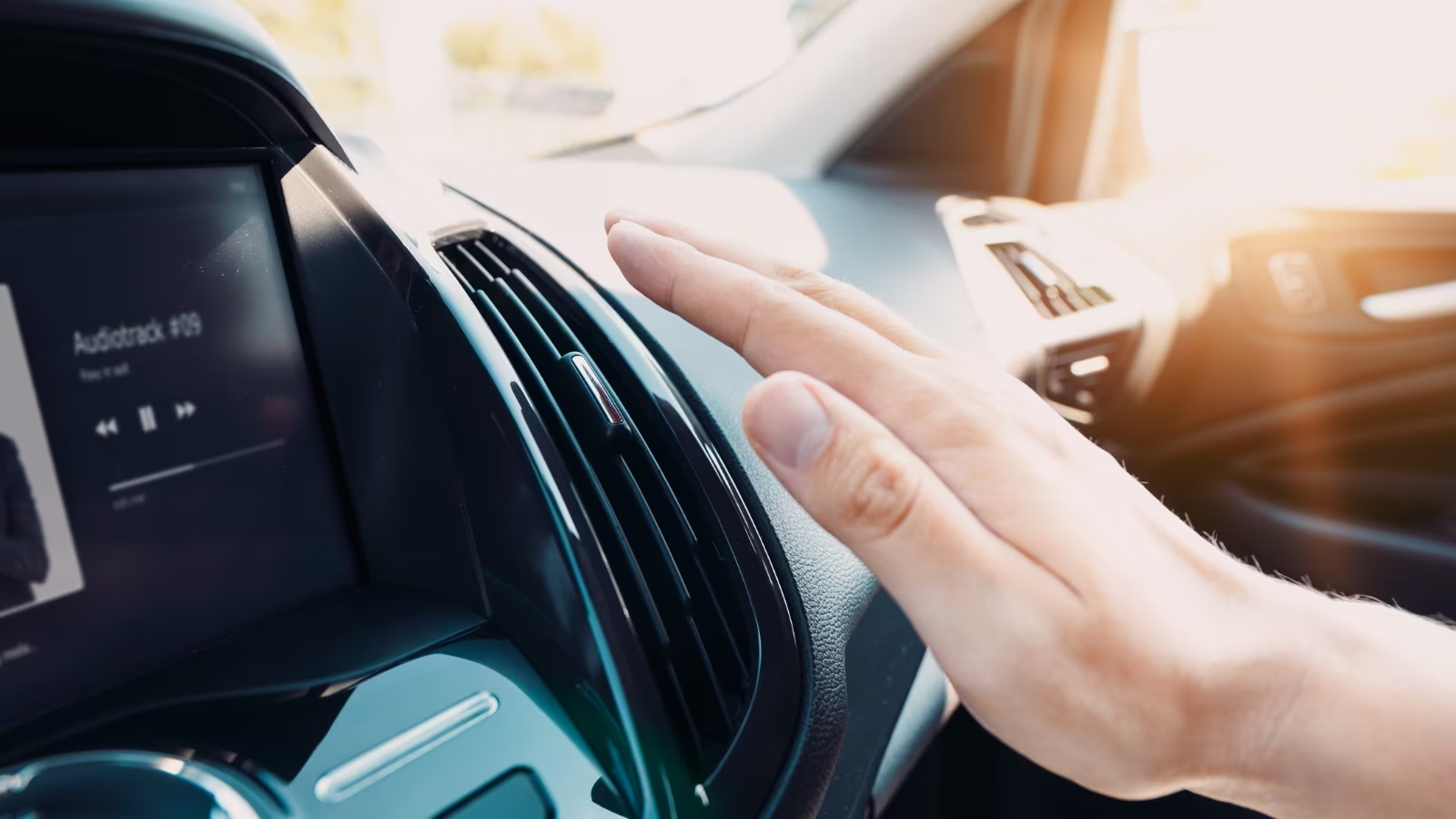

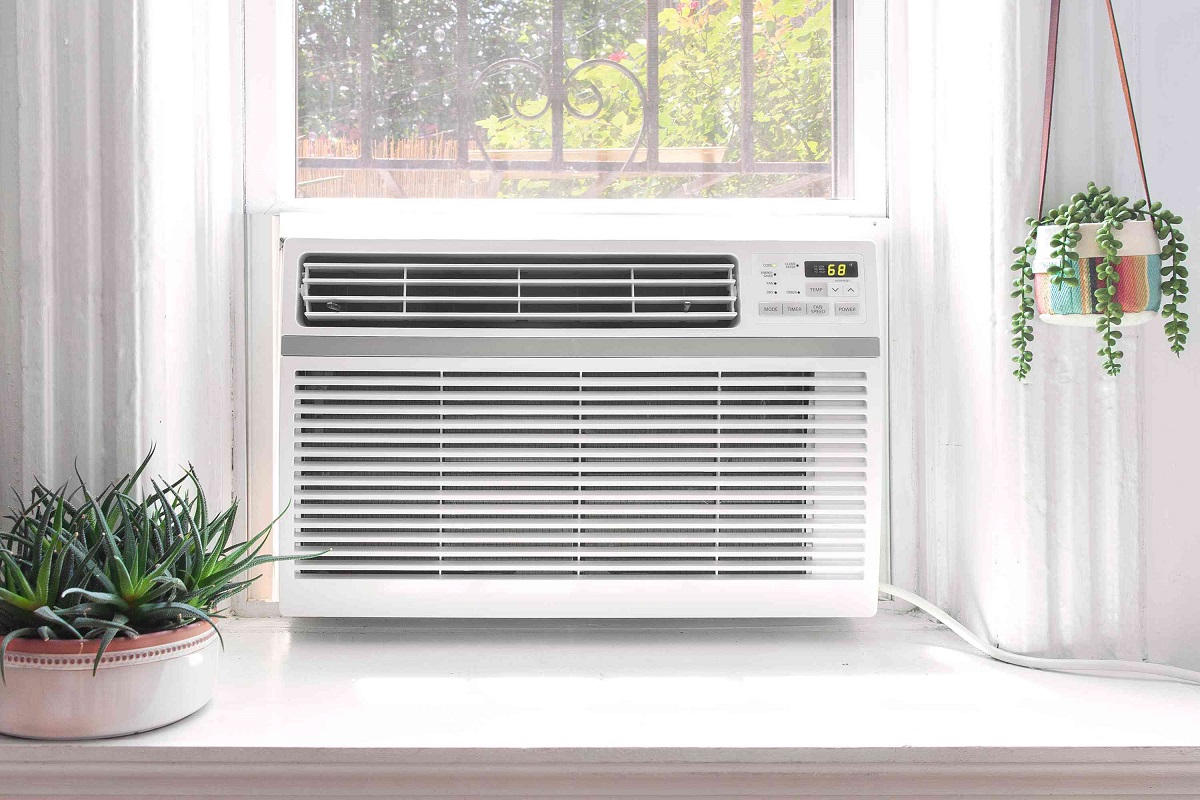
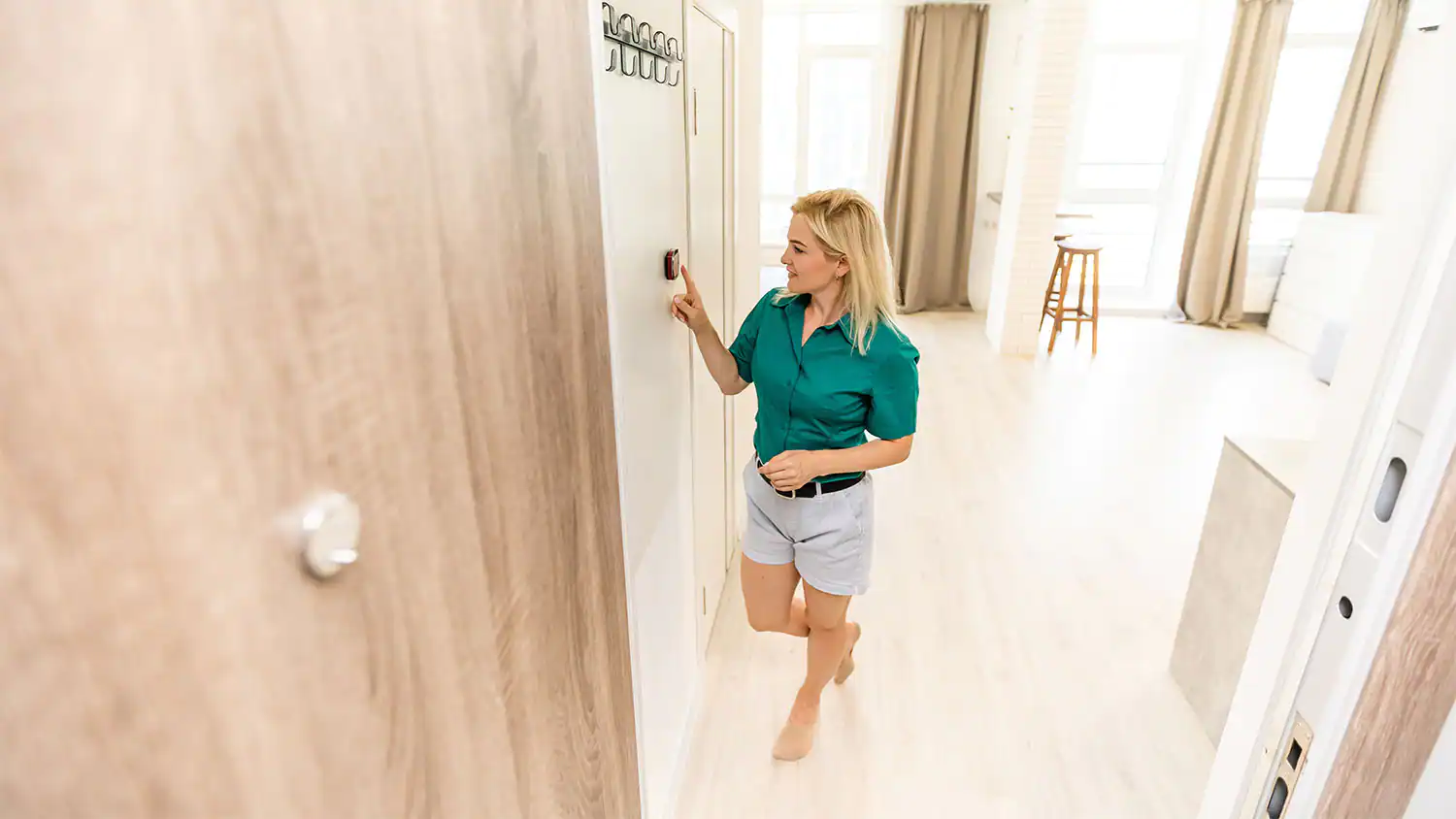
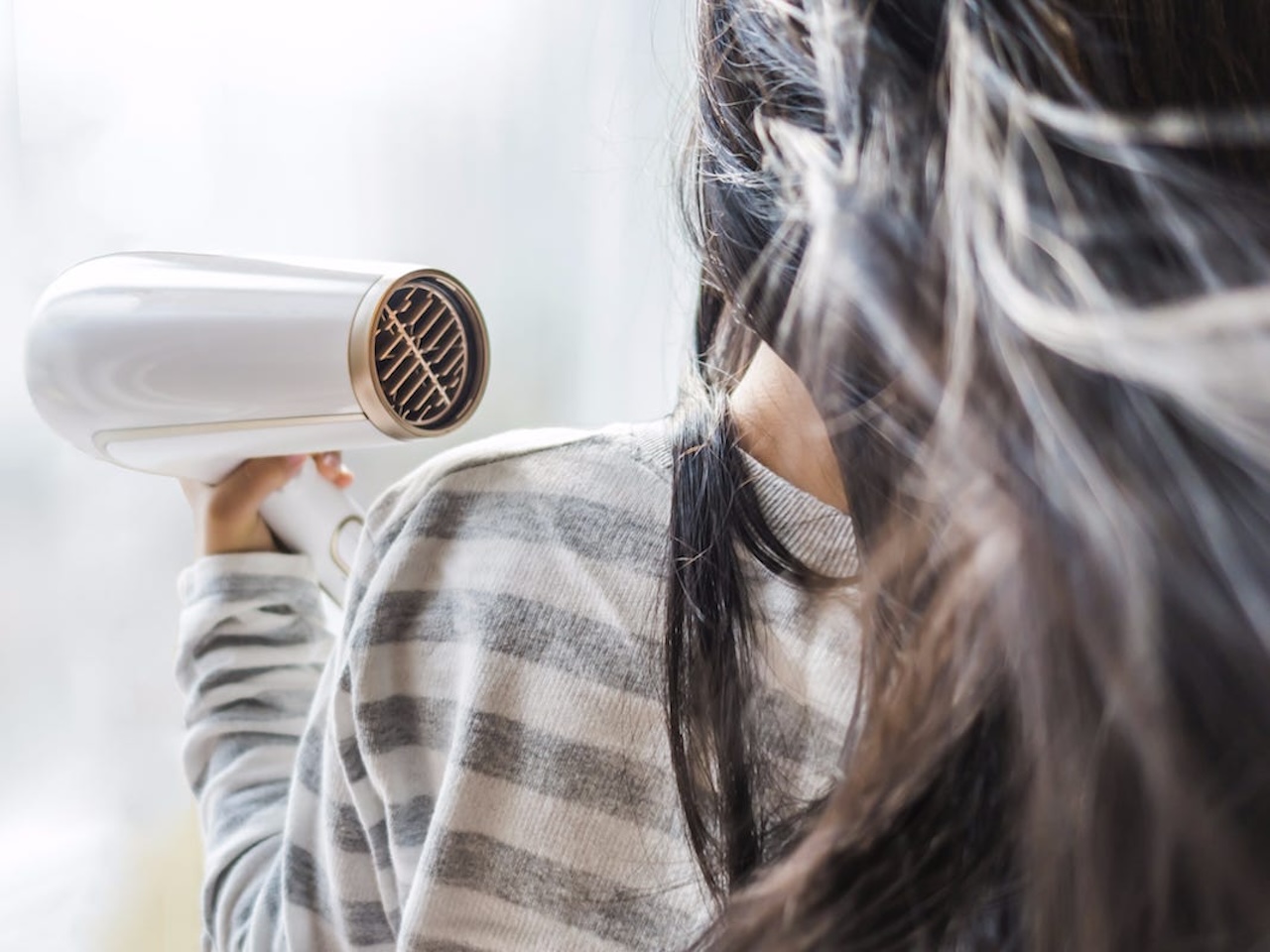
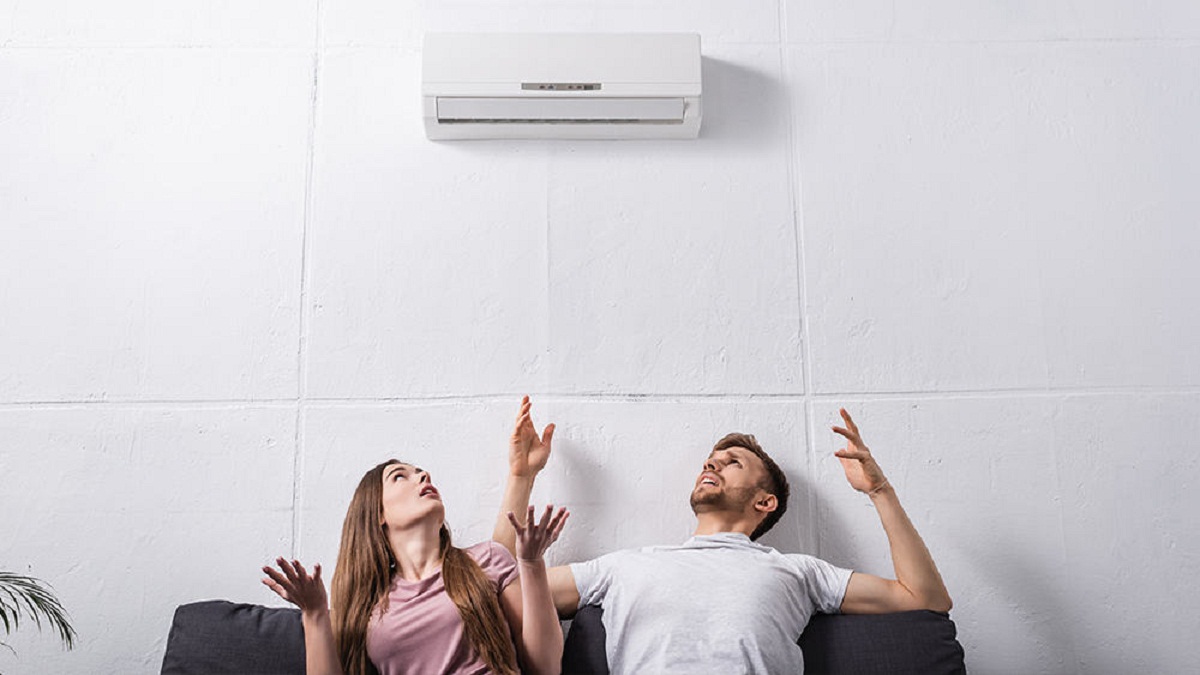
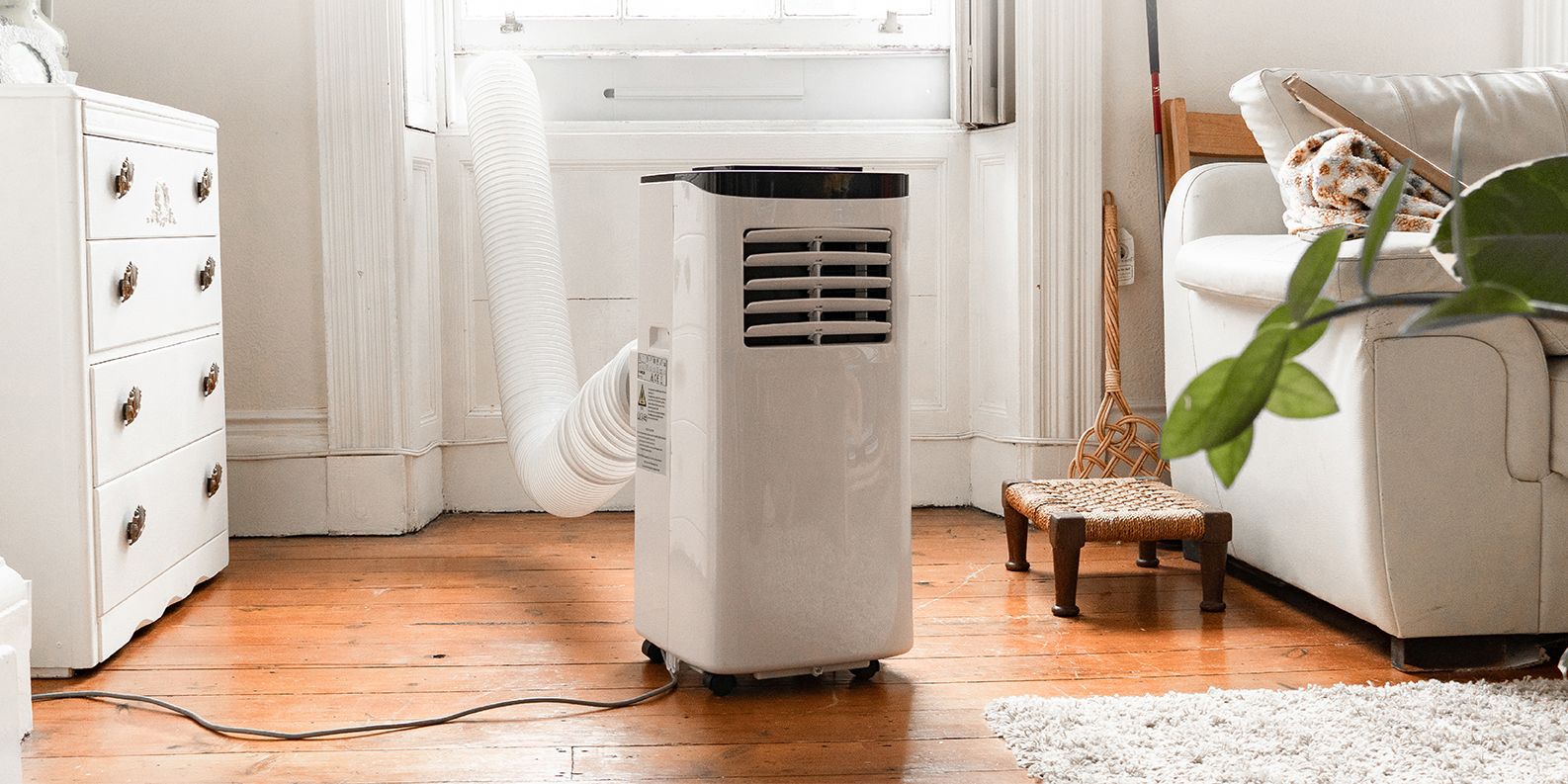
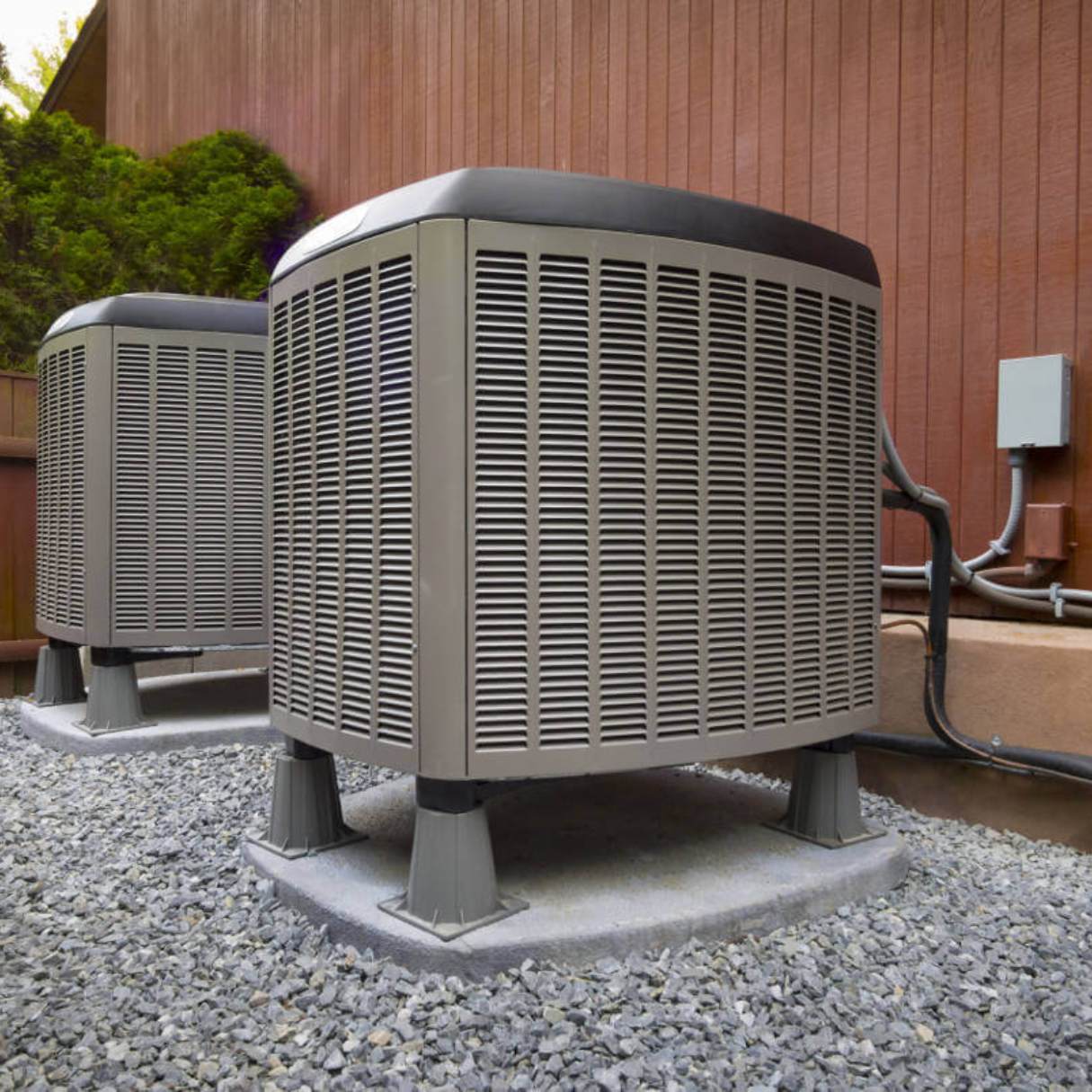
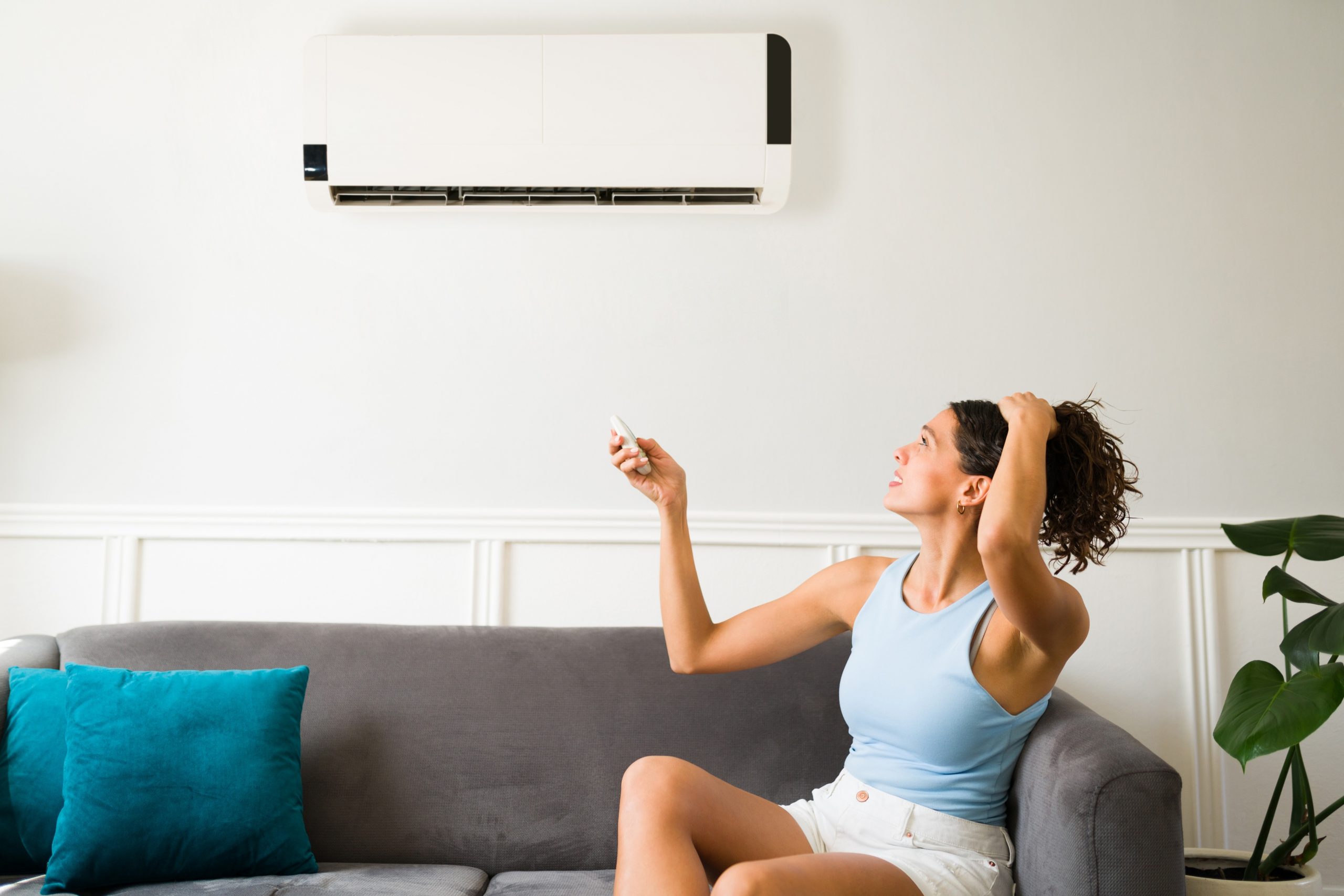
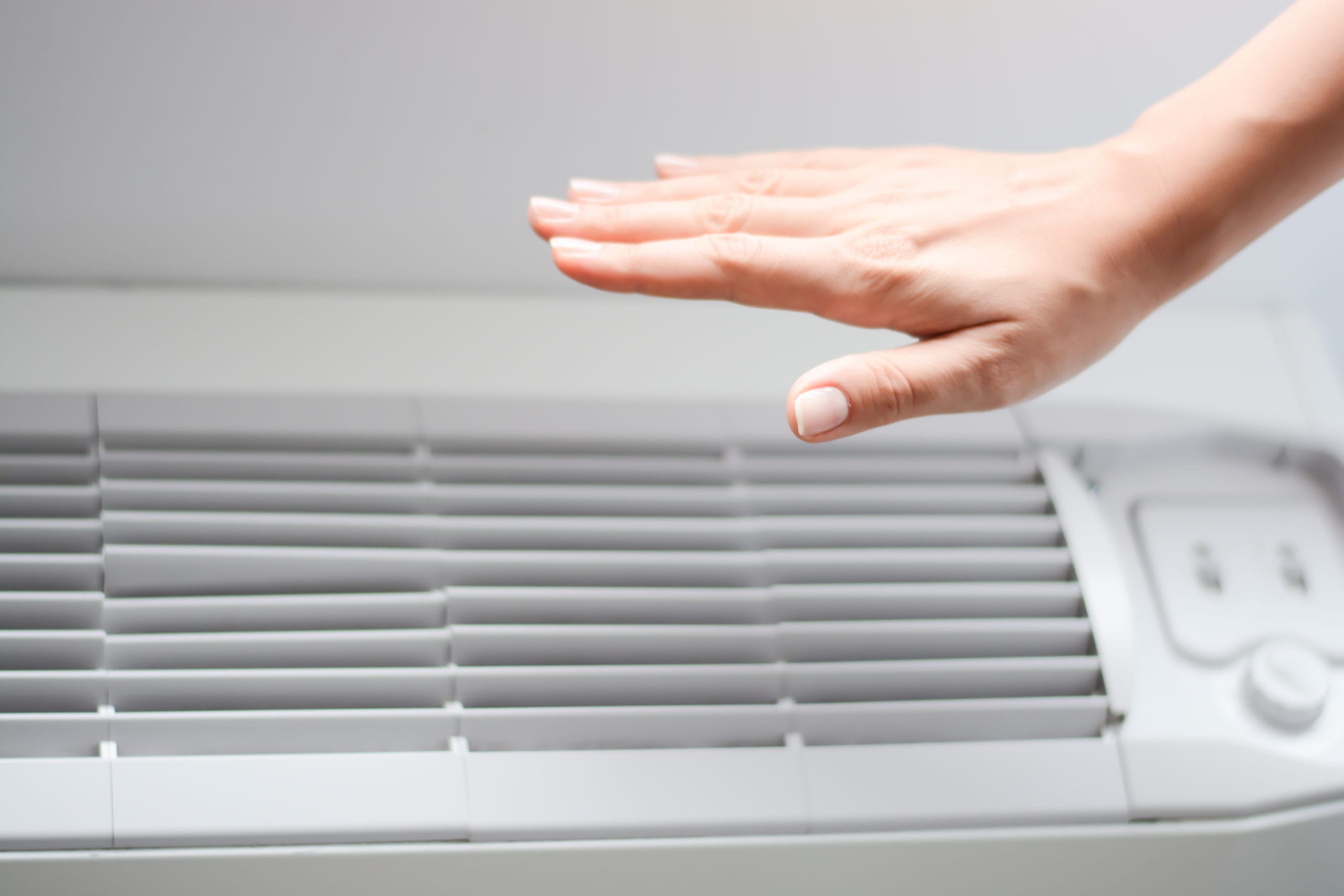
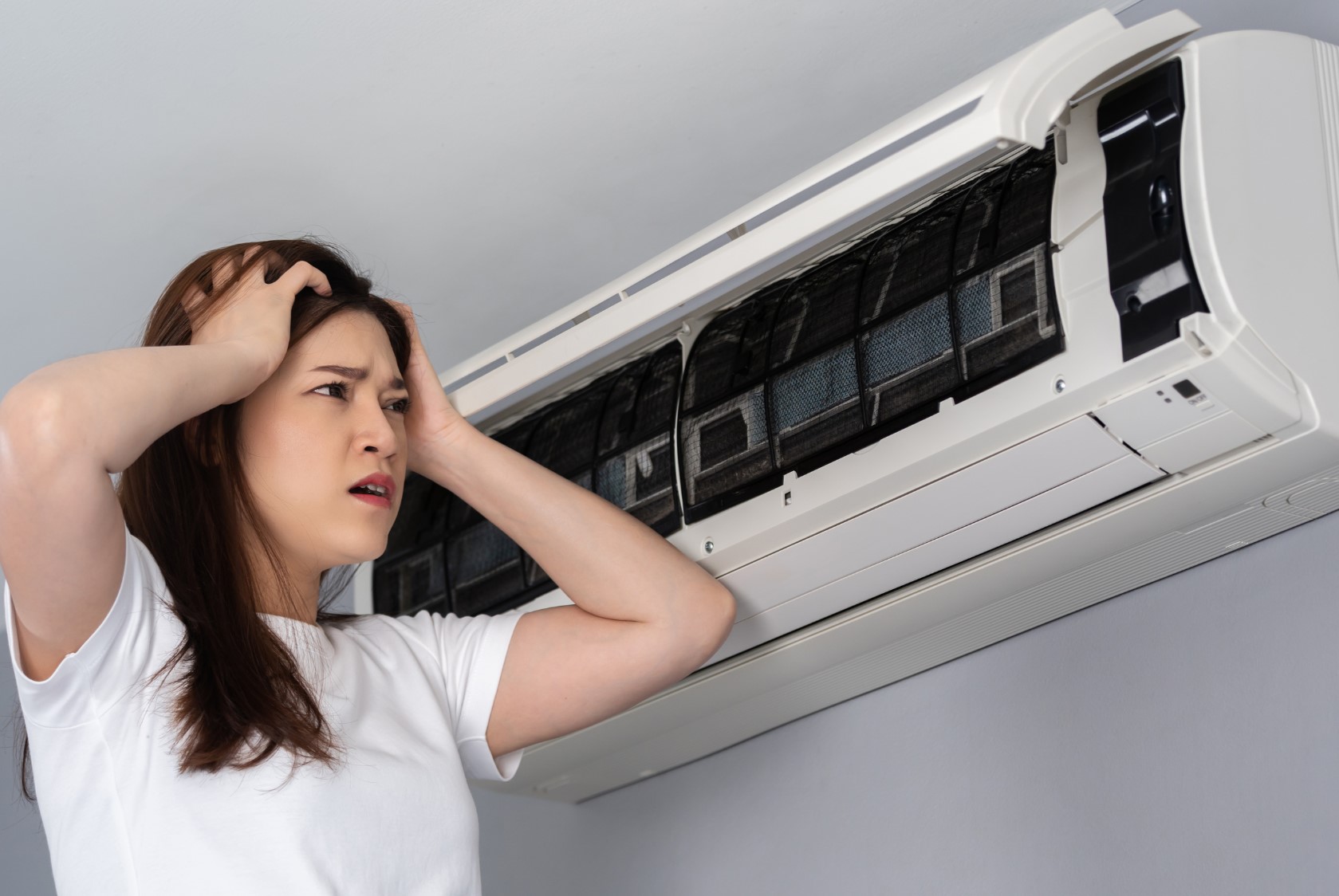

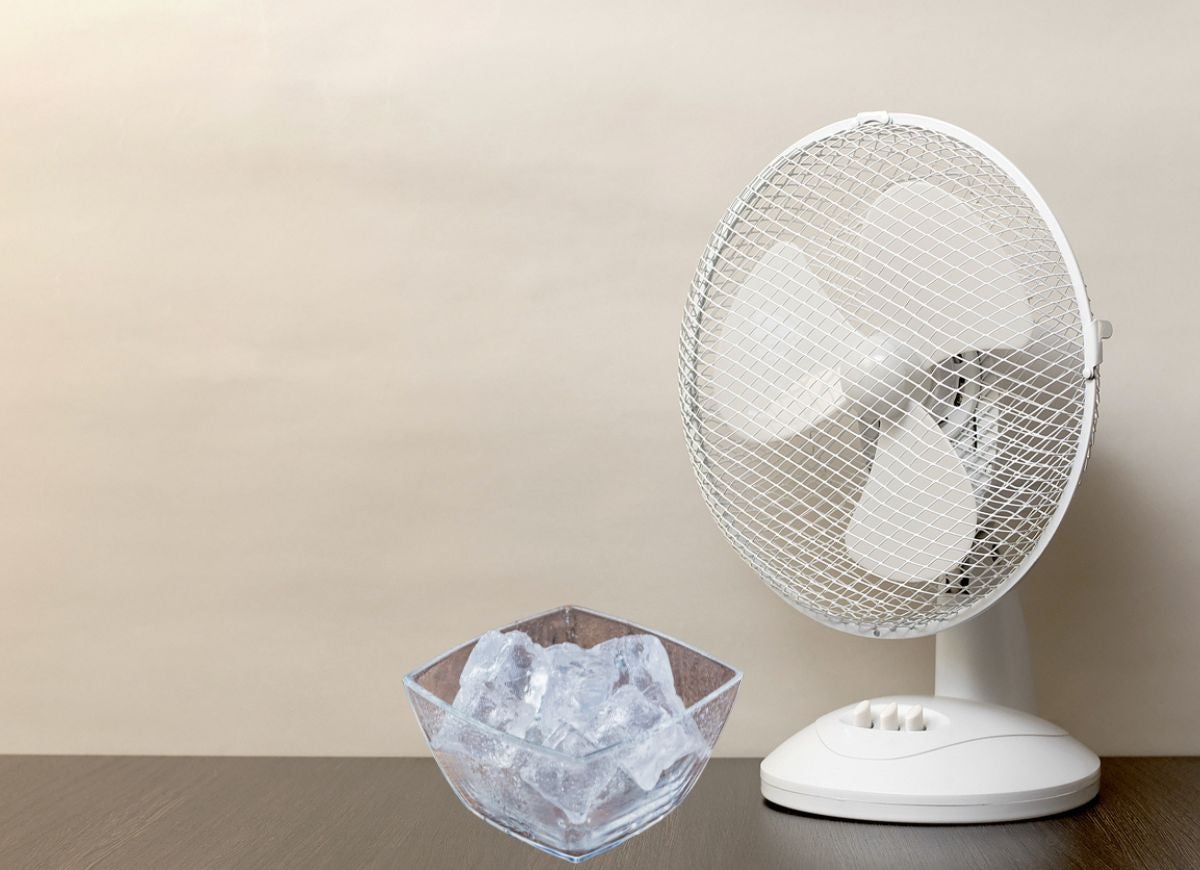
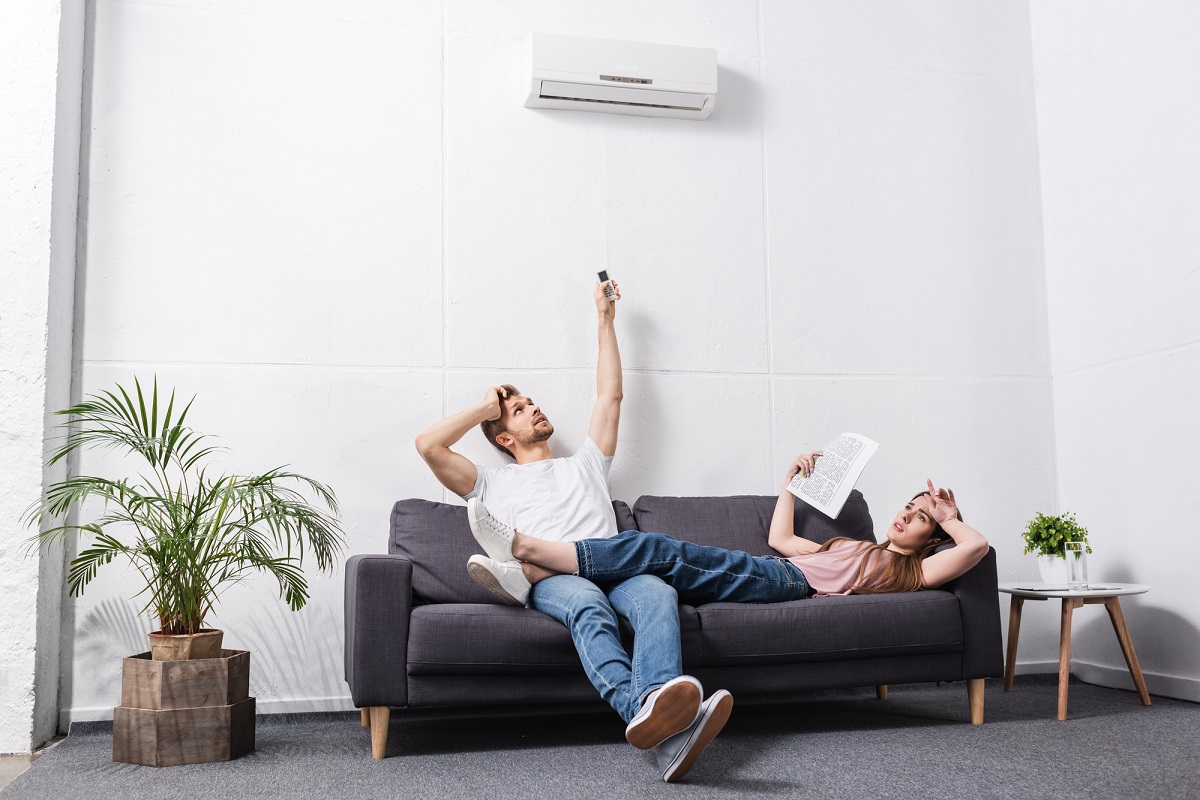
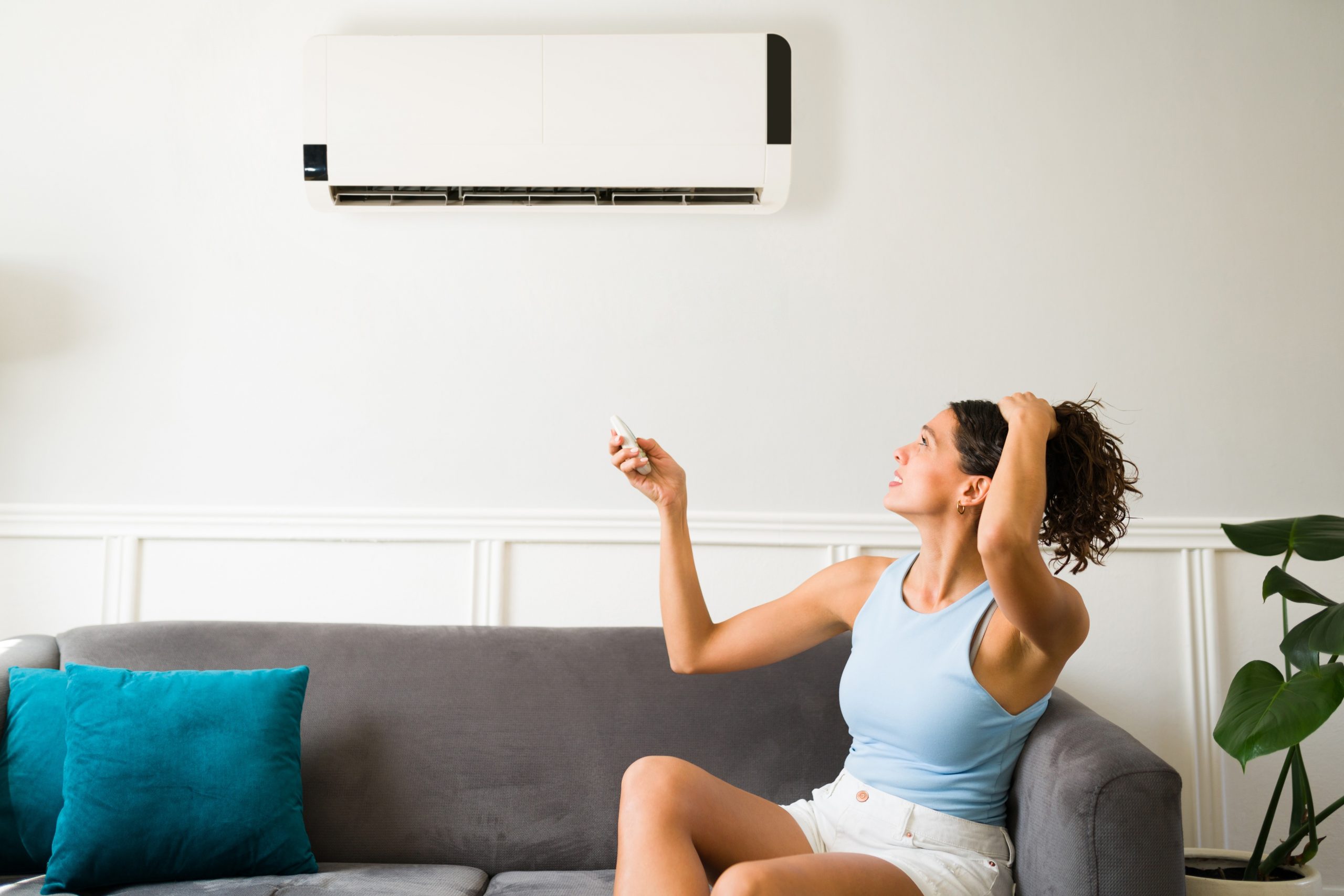

0 thoughts on “Why Is My HVAC Not Blowing Cold Air”